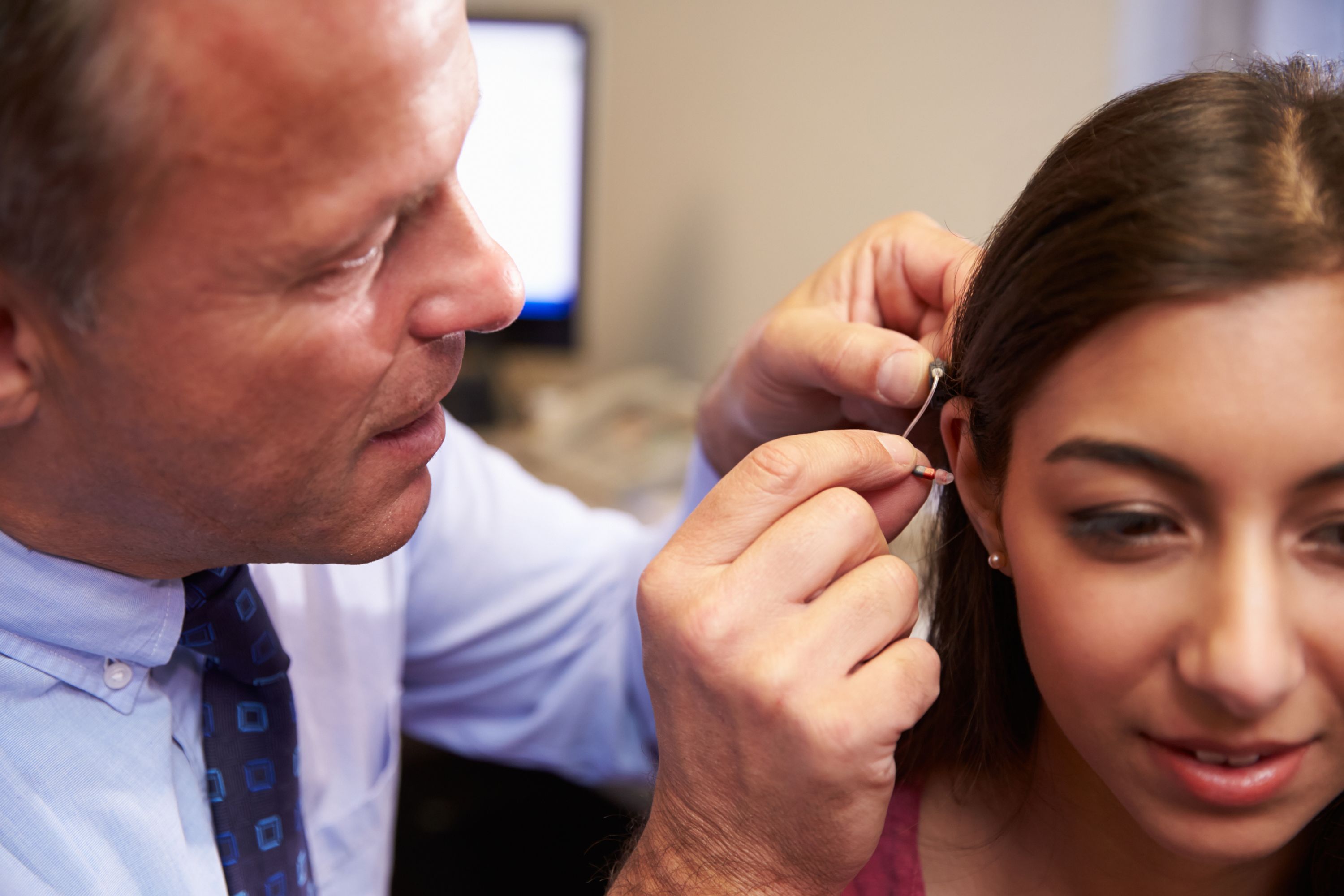 As some point, many of us find that we begin to have difficulty hearing or understanding conversations, our favorite TV shows, or just listening to nature. In the United States, over forty million people have hearing loss, with only about 35% of this population currently wearing hearing aids, a cochlear implant or other device. If you are one of the millions of Americans living with untreated hearing loss, you may have thought about getting help but are unsure where to start and who to trust.
As some point, many of us find that we begin to have difficulty hearing or understanding conversations, our favorite TV shows, or just listening to nature. In the United States, over forty million people have hearing loss, with only about 35% of this population currently wearing hearing aids, a cochlear implant or other device. If you are one of the millions of Americans living with untreated hearing loss, you may have thought about getting help but are unsure where to start and who to trust.
First, if you are having any medical issues such as dizziness, vertigo, tinnitus, draining from your ear or hearing loss on only one side, you should see your physician or an ear, nose, and throat specialist right away as these may signal more serious issues. If you have noticed gradual hearing loss or hearing loss that makes certain situations difficult for you, you should get a hearing test from an audiologist or hearing aid specialist. Audiologists have advanced degrees (Au.D.) and can provide more advanced testing, if necessary, while hearing aid specialists can test your hearing for determining if you are a candidate for a hearing aid.
Asking your physician, friends, and co-workers can often direct to you to a local hearing care professional. If you’re comfortable sharing your struggle with close acquaintances, you may find that they have sought help for their hearing and can refer you to a professional that has provided good care for them. Online tools, such as our Find a Hearing Care Professional page, can also be a good way to start your search in the comfort and privacy of your own home.
Once you have a list of practices, you can review their website or call their office to ask questions and check on their qualifications, experience, and their location. You may need to make several visits for the testing, fitting and follow-up adjustments, so transportation time and expense may influence your choice. Check to determine if the practice has a good rating with the Better Business Bureau and are following the best clinical practices of their professional associations in terms of testing, fitting, and follow up after your fitting. These best practices include complete audiometric testing, the use of outcome measures that can verify that you are receiving benefit from the devices. Outcome measures can include questionnaires, surveys and testing such as probe microphone measures that evaluate the amount of amplification provided to your ear canal. In addition, many provide counseling aural and rehabilitation services to help you understand how to use your devices in difficult listening situations such as noisy restaurants or using Bluetooth to stream audio and calls to your phone.
Lastly, the price of hearing aids varies depending on the level of technology and the services provided by the professional. You may find that some practices bundle the price of the devices with the price of the service, while others separate the devices from the professional services. Their decision is based on the practice’s approach to overall hearing care. Ask what is included in the total price of treatment: Are follow up visits included for the life of the device or only for a limited period? Are batteries or other accessories included? What is the trial period and the refund policy? More considerations for selecting a hearing aid can be found here.
In the end, the hearing care professional is there to help you decide what course of treatment is best for you. You should choose someone who asks about your goals for your hearing care, and someone you can trust to provide that care in a professional manner. Hearing health is for life, so selecting a trusted professional who will walk on the journey with you will greatly increase your satisfaction with treatment and provide emotional support and helpful tools along the way.